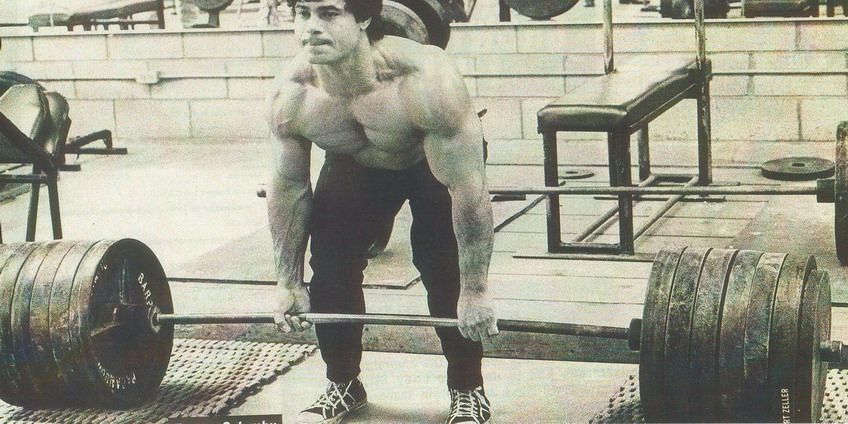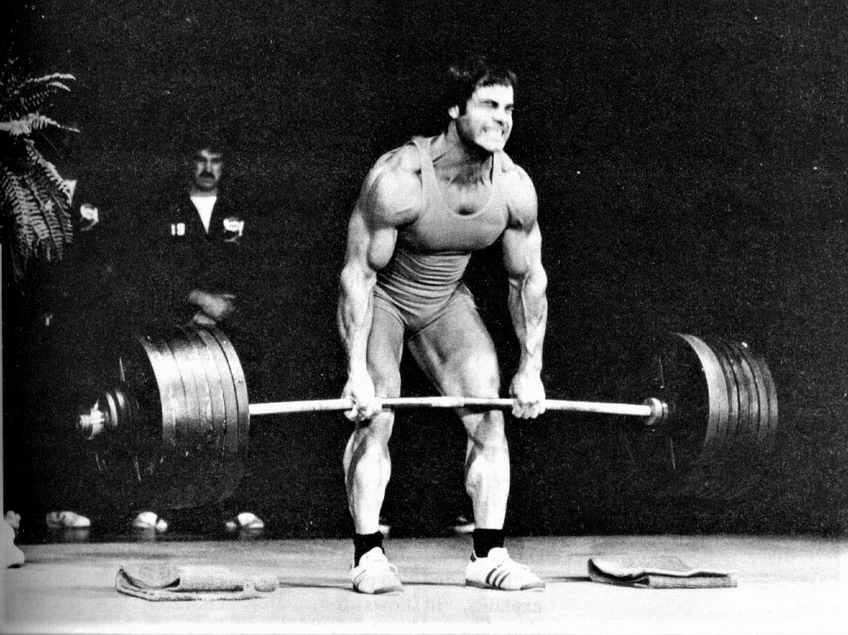011. Great Power vs Maximum Power

Being powerful means being strong and fast at the same time, because power is directly proportional to strength and speed. It means that more strength will result in more power, as well as more speed will also result in more power. Improving any of these two components will result in power improvement. However, if the aim is maximal power, then both components should be improved independently, each one to its own maximum:
So, anyone who wants maximal power now knows what to do: train for maximal strength and maximal speed. Maximal power sounds like some Holly Grail of sport capabilities and it really is, but maximal power carries a hidden danger. Exerting maximal strength increases the possibility for injury and exerting maximal speed also increases the possibility for injury. When these two components are multiplied to get maximal power, possibilities for injury also multiplied. Sports which require athletes to regularly perform at maximal power level, will render the injuries inevitable. Just ask any of the strongman competitors, they know very well how risky maximal power can be. Handling huge weights and then rushing to finish the task, multiplies the risk several times and injury becomes only a matter of time.
Franco Columbu was one of the World’s greatest athletes ever. He was famous as a bodybuilding champion, but nevertheless was very successful in powerlifting, strongman, Olympic weightlifting and boxing. Beside having a fantastic physique, he was also the strongest bodybuilder pound-for-pound. He participated in first World’s Strongest Man competition back in 1977. One of the disciplines was carrying a huge refrigerator on the back for 40 yards while racing an opponent down the hill. Do you get the picture? Big, heavy, odd shaped object on the back, race with the opponent, downhill… Everything screams disaster! After a few seconds in the race, Franco dislocated his leg. Here is what he said after the accident:
“I was going too fast you see, I wanted to win because I was behind on points… I began to run and that was the wrong thing, you can only walk fast…”
So, the moment he started to RUN downhill with the refrigerator on his back was the moment when the injury happened. Lifting heavy refrigerator is dangerous and running fast is dangerous, but running fast with refrigerator on the back is dangerous multiple times. It took him 3 years to recover from the injury and those 3 years would surely be the most successful period in his whole sport career, only if he stayed healthy. It would be ridiculous, but if he had rejected participation in such a dangerous discipline or at least avoided running, he would continue his successful career, broke more powerlifting records, won more bodybuilding championships and enjoyed even more glory then he already did. That certainly sounds silly as an advice to a competing athlete, but the truth is competitions are dangerous indeed, mainly due to performance at maximal power levels. Avoiding injury must be everyone’s priority, regardless of athletic rank, health status or training goals. Therefore, avoid competing if you are not doing it for a living.
You probably heard about the great French writer Voltaire and his famous wisdom:
Yes, you have to be responsible, because with great power you can hurt somebody or more often – hurt yourself. Please don’t hurt anyone, including yourself. If your friendly neighborhood adopted this philosophy, so should you. Train for great power and be careful how you use it, but never test or exert your maximal power. Simply, it is not worth the risk.
In accordance with the scientific definition of power, the previous thought from Voltaire could be modified in the following way:
This is very true, because training for power will make everyone strong and fast. Train for power and kill two birds with one stone. You can always specialize later on, if you wish. Beside improvements in strength and speed, there are numerous other benefits of training for power, so it seems to be the most beneficial, the most natural and the most universal approach to physical training.
To resume, you should train for great power, but never for maximal power. This also means you should never train for maximal strength or maximal speed, neither you should test your maximal strength or maximal speed. What you want is a great power, not maximal power with injuries. Keep in mind that when you come near the maximal power levels, the probability of injuries increases exponentially. Only if you are a professional competing athlete and you are earning for a living with your body, then it is understandable that you have to push yourself to the maximum and beyond. In that case, God bless you and wish you a good luck in avoiding injuries. For all ordinary people out there, training well below the maximum power levels is the way to go. You will have much more success in training and a healthier life too.
